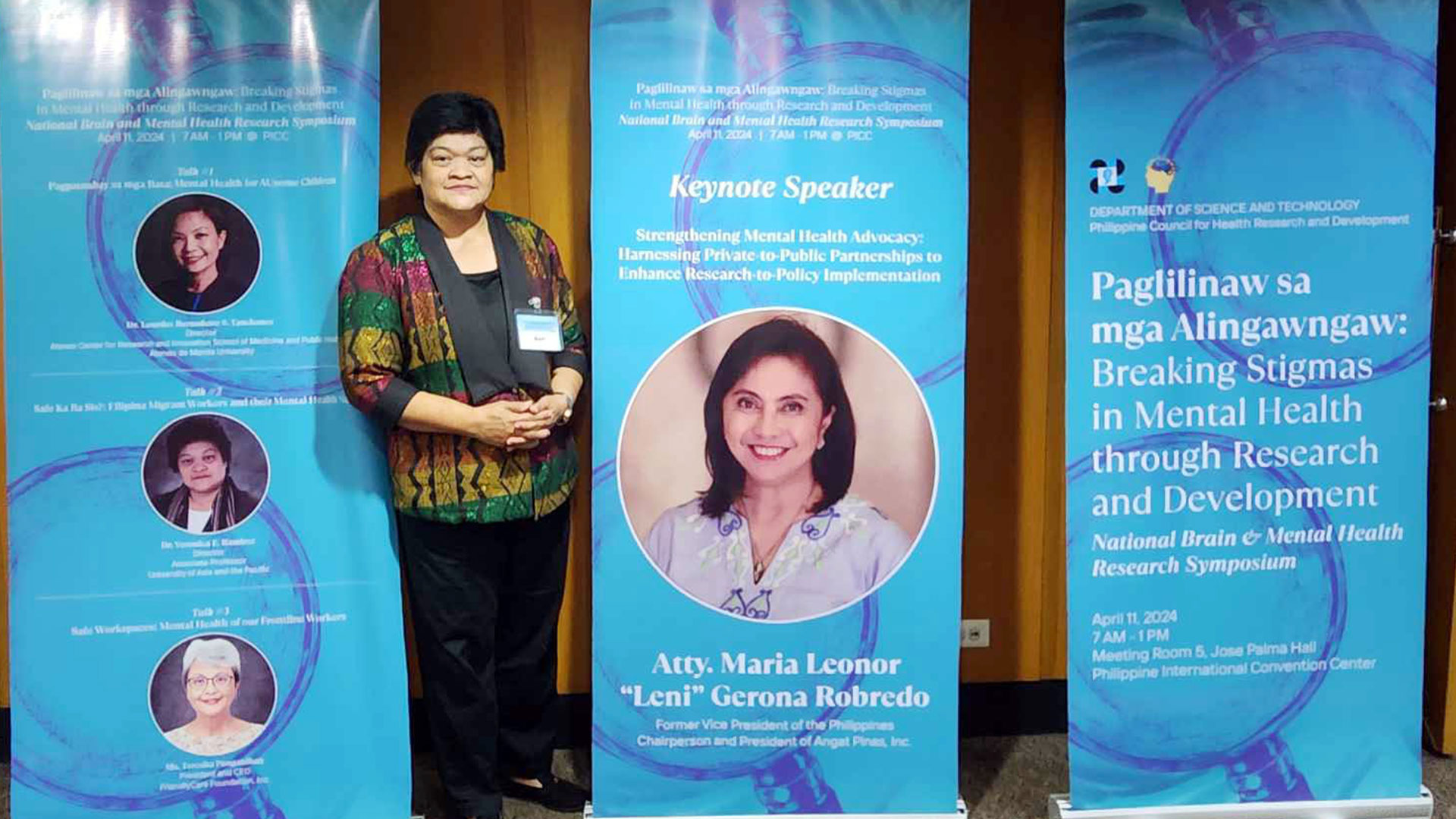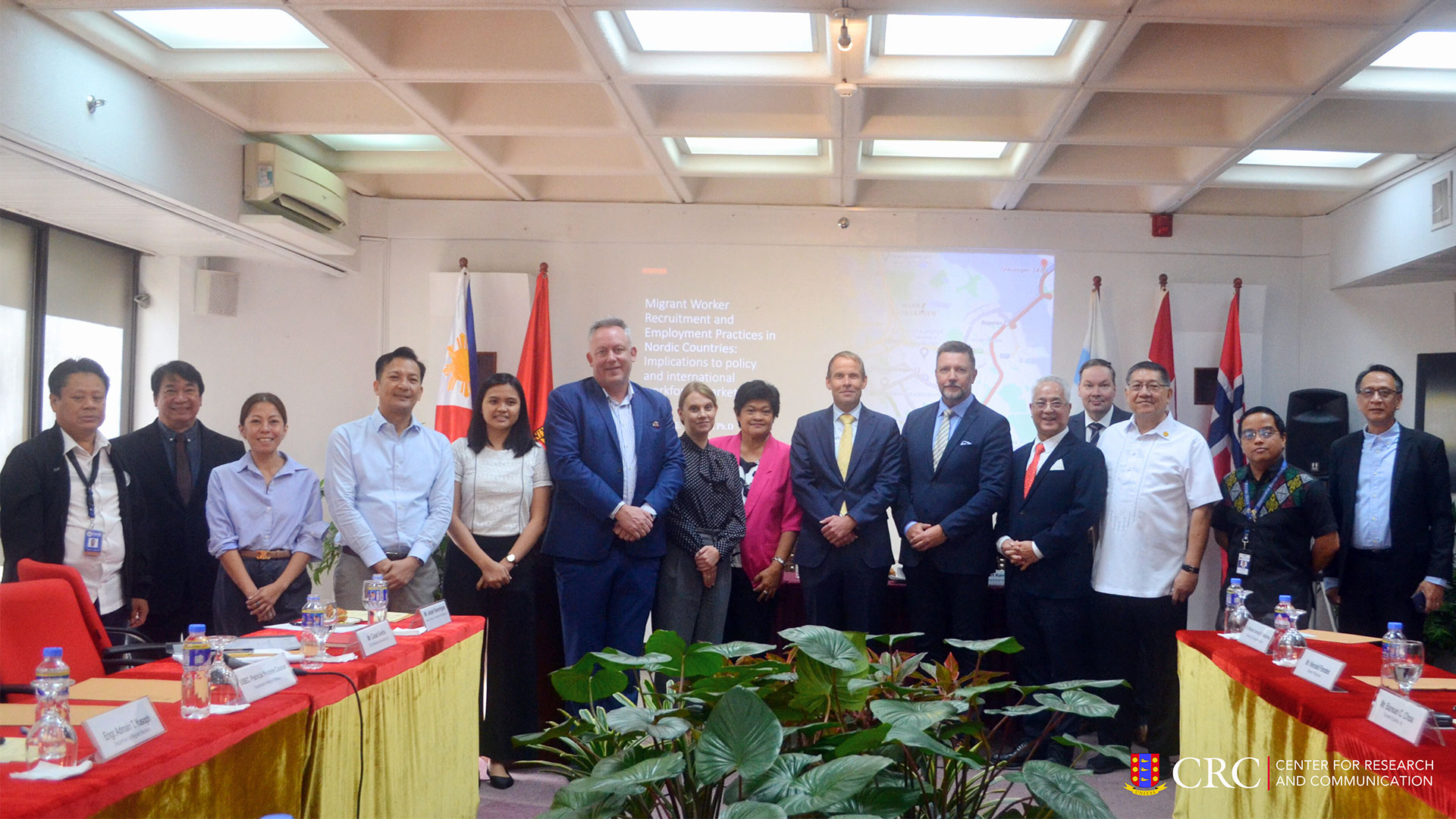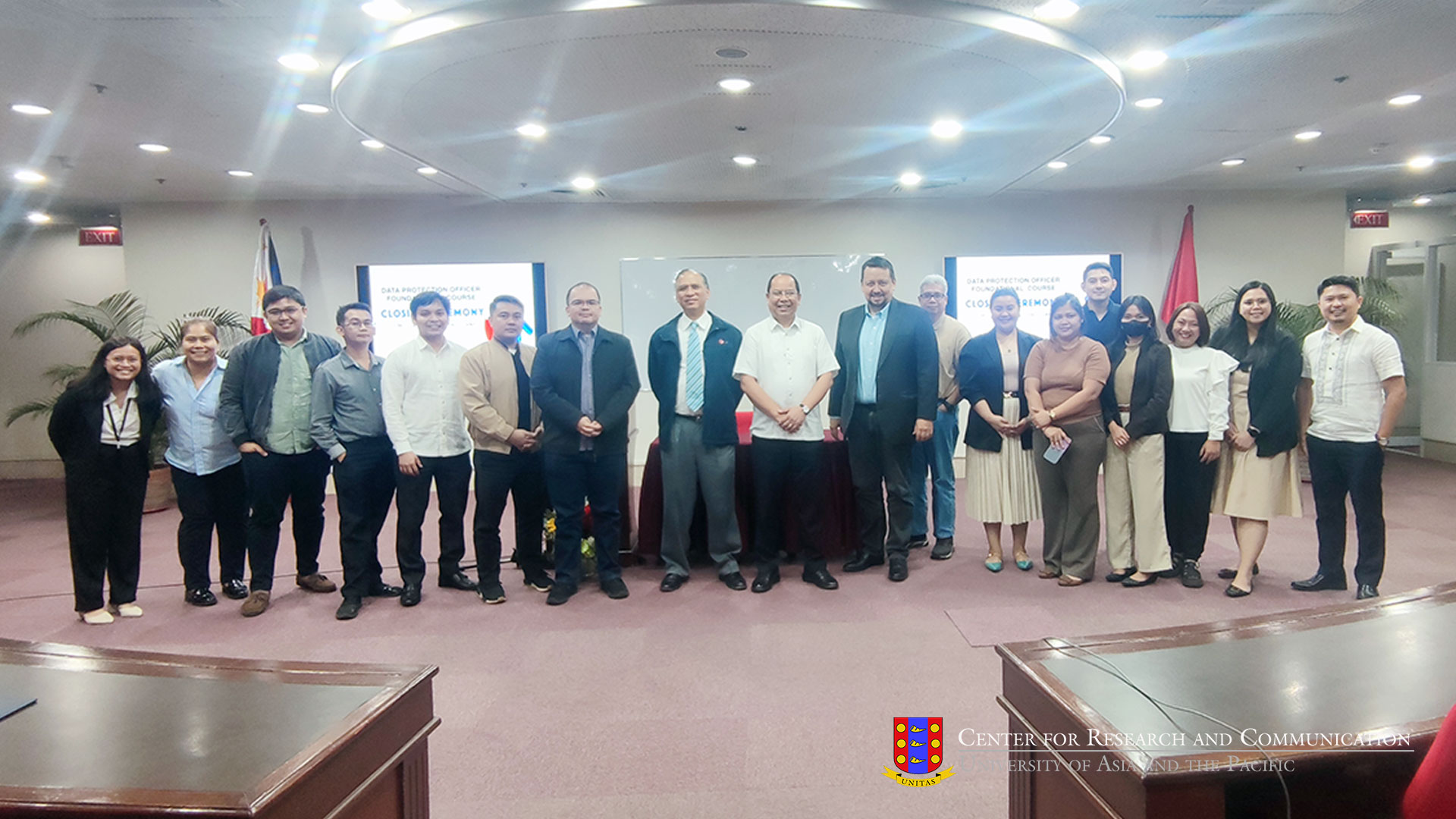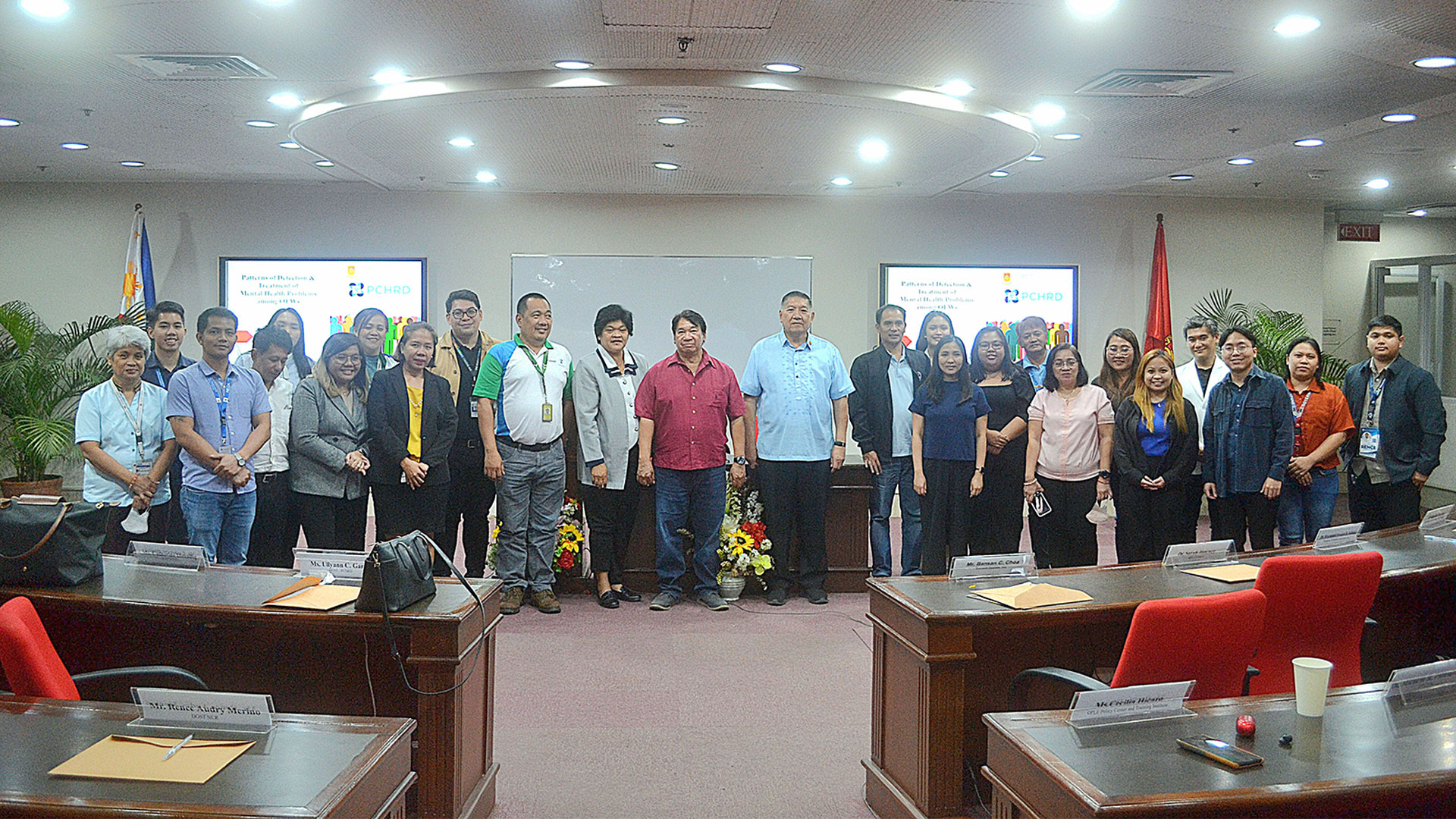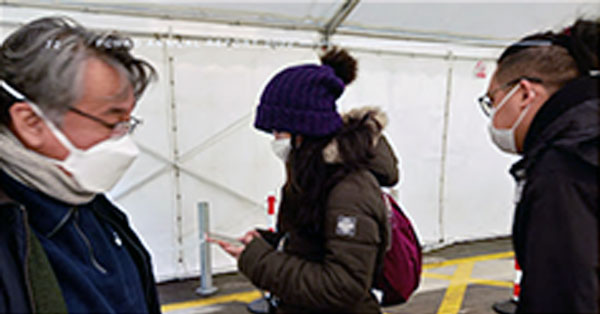By Veronica E. Ramirez, Ph.D.
The Center for Research and Communication, through the BPI Professorial Chair for Migration and Overseas Work, organized the Focus Group Discussion on the Implementation of the No Placement Fee Policy on December 11, 2015 at the University of Asia and the Pacific. Chair Holder, Veronica Esposo Ramirez, Ph.D led the FGD.
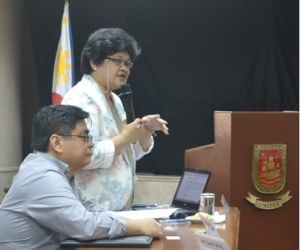
Charging placement fees from Filipino Household Service Workers (HSWs) and caregivers is prohibited under POEA Governing Board Resolution No. 6, s. 2006. The POEA Rules also exempt seafarers from paying placement fees. In the case of HSWs, it has been 10 years since No Placement Fee Policy was implemented. Although there have been analyses of trends, there is no formal evaluation study that examines its strengths, weaknesses, effectiveness and relevance, and whether it has achieved the intended objectives.
Recently, a draft Governing Board Resolution dated October 2015 is considering the ratification of ILO Convention 181, citing that the countries that ratified the said Convention do not allow the charging and collection of placement fee from hired workers. The Governing Board Resolution will “adopt a no placement fee policy in the countries which ratified the ILO Convention 181 that expressly declares that the charging and collection of any fees from workers, whether directly or indirectly, is not allowed unless otherwise these countries’ competent authorities authorize exceptions to the said provision with respect to certain categories of workers, as well as specified types of services provided by private employment agencies.” It adds, “violation of this issuance shall be a ground for cancellation or revocation of license.” The draft also states, “The provisions herein provided shall apply to all recruitment agencies effectively immediately.”
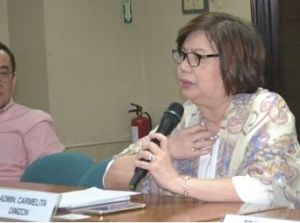
It is a fact that all the countries that ratified the ILO Convention 181 are migrant worker receiving countries, 19 of which are in Europe. After 18 years, only 31 countries ratified the said convention, with only 1 from Asia: Japan and 1 from Middle East (Israel). The Top 10 Destination countries of Filipinos are USA, Saudi Arabia, UAE, Malaysia, Canada, Australia, Italy, UK, Qatar and Singapore. Note that in this list, only Italy has ratified the ILO Convention 181.
Currently, POEA has a No Placement Fee Policy agreement with the following countries: Australia (NSW and ACT), Canada (Manitoba, Saskatchewan, Alberta, and British Colombia), Ireland, Israel, Japan, Netherlands, New Zealand, Norway, United Kingdom, and the USA including Guam. Of these 10 countries, only 3 have ratified the ILO Convention 181: Japan, Israel and The Netherlands.
As the phenomenon of Overseas Filipino Work is now an important force that sustains our country and millions of Filipino families, anything that would affect its development, such as the ratification of ILO Convention 181, should be carefully studied.
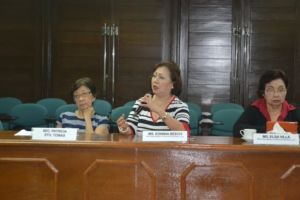
Gathered at UA&P for the Focus Group Discussion were Sec. Patricia Sto. Tomas, former DOLE Secretary; Admin. Carmelita Dimzon, former OWWA Administrator; Mr. Harris Jacildo, I-Remit president & COO; Mr. Ralph Cadiz, EVP, Sterling Bank of Asia; Mr. Alfredo Palmiery, Chairman, Federated Associations of Manpower Exporters, Inc. (FAME); Mr. Loreto Soriano, LBS Recruitment Solutions Corporation president; and Mr. John Bertiz of OFW Coalition. Officials of Philippine Association of Service Exporters, Inc. (PASEI) who actively participated in the discussion were Ms. Edwina Beech, chairperson; Ms. Elsa Villa, president; and Ms. Raquel Bracero, director. Representatives of recruitment Agencies were also present at the discussion: Mr. Jun Macas, Australia and New Zealand Association of Employment Providers of the Philippines Inc. (ANZAEPP) former president.; Ms. Anna Marie Nangan, Pilipino Manpower Agencies Accredited to Taiwan Inc. (PILMAT) president; Mr. Domingo Carola, Mori International Agency Corporation president; Ms. Nikki Quibranter, YWA Human Resources Corporation CEO; Ms. Imee Enriquez, Key Placement, Inc. president and Ms. Cristy Masongsong.

